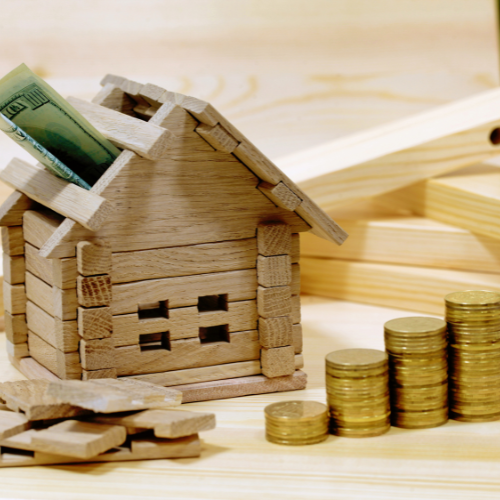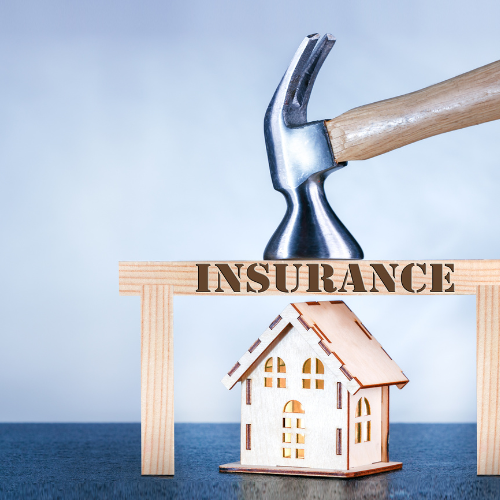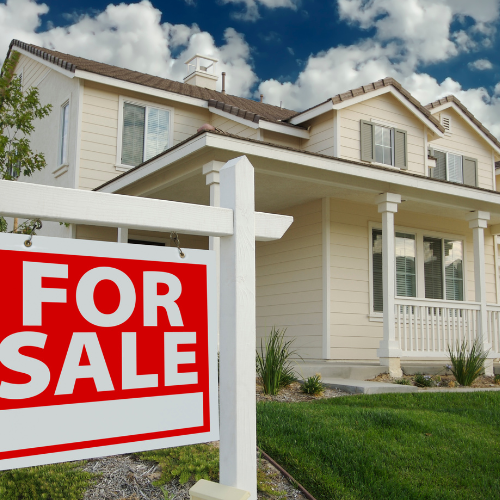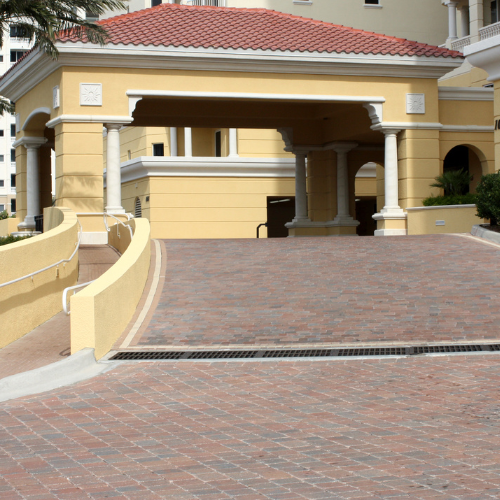In this write-up, we will discuss the tax implications in Canada when we talk about Real Estate Investments. If we are making our investment as a rental cashflow property, how the rent revenue is treated and the expenses which we incur are viewed to maintain the property.
When we decide to buy an investment property, we need to understand what and how are the tax rules impacting us. Let us try to address and understand all these and more when it comes to buying and maintaining a Real Estate Rental Property.
For the Net Income Calculation which will attract the tax, we need to determine the Gross Income and the Expenses on our property.
Let us start with first understanding the concept of Gross Income. When you put a property on rent,  the rent received from the tenants becomes our Gross Income, it would include any other rent received for the property. If the property has a paid laundry facility and is shared by other units in the building, that revenue from the laundry machines will be part of the Gross Income. If there is any advertising sign on the property and you are generating revenue from there, it would contribute as well to our Gross Income.
the rent received from the tenants becomes our Gross Income, it would include any other rent received for the property. If the property has a paid laundry facility and is shared by other units in the building, that revenue from the laundry machines will be part of the Gross Income. If there is any advertising sign on the property and you are generating revenue from there, it would contribute as well to our Gross Income.
Now let's understand expenses, they are of two kinds Current Expenses and Capital Expenses.
Current Expenses are the expenses which provide short-term benefits, like repairs to the air conditioner unit which will allow it to function the same way how it was acquired. Costs incurred in the current year for  home insurance, utilities, property taxes, painting the exteriors etc. Another way to understand Current Expenses is that these are the items that usually occur after a short period. They can be also regarded as any repair expenses which ensure the functionality of the property is retained, so repair of any HVAC, plumbing, or electrical equipment in the investment property would be considered a Current Expense.
home insurance, utilities, property taxes, painting the exteriors etc. Another way to understand Current Expenses is that these are the items that usually occur after a short period. They can be also regarded as any repair expenses which ensure the functionality of the property is retained, so repair of any HVAC, plumbing, or electrical equipment in the investment property would be considered a Current Expense.
Interest - Any mortgage interest component in your monthly mortgage which you pay to the lender for your borrowing is tax-deductible. Principal re-payment, as part of the mortgage, which builds your equity in the property is not tax-deductible.
Property Taxes - This is the house tax which municipality charges you based on the local municipalities tax rate and the MPAC assessment value. This amount paid to the city is tax-deductible in a rental property.
Home Insurance - The premiums which you pay for the coverage of your rental property to the insurance company is deductible on your taxes, the full premium amount. However, if you are having a portion of your primary residence as a rental unit, then only part of the premium would be qualifying for a tax deduction.
Utilities - are another significant expense when we buy an investment property and rent it out. If you pay for the services (hydro, gas, water) as a landlord, they are tax-deductible.
Advertising - For leasing your unit if you put a classified advertisement in print or social media, this expense is claimed as a tax deduction.
Management Fees - If you pay a fee or compensation to a person or a management company for the day-to-day management of the investment property, this is tax-deductible.
Now let us discuss Capital Expenses. These are long-term expenses, the expenses which provide us lasting benefits for several years. For example, when we change the roof of an investment property, and we spend $10,000, its benefit will continue for 15 years. So, in this case, the deduction cannot be for the full amount, but the amount is spread across many years. These long-term capital expenses will be deducted using Capital Cost Allowance calculations which your accountant would be able to determine along with you.
There are some signs of how you can determine whether an expense is a capital expense.
As another example if suppose we replace the vinyl siding in the exterior of a property, it has a lasting benefit as it will continue for years together, this will be considered as a capital cost.
Another identifier is, if the cost of a repair improves the condition beyond its original condition, it is a capital expense. As an example, if we have an asphalt driveway and we replace it with an inter-locked stone driveway, it will be regarded as Capital Expense. 
If the expense is the cost of replacing a separate asset within a property, it is considered a capital expense, for example, if the fridge in a property breaks down and we end up replacing it, it would be considered a capital expense.
Another scenario is that if you purchase a property and have expenses to maintain it in order to make it usable or rentable, that will be considered a Capital Expense, even though in regular BAU it would have been considered a current expense.
The fundamental idea is that we want to separate Capital expenses done in a given year as they will not be fully tax deductible as we saw the case in other expenses which we discussed earlier.
Finally, for tax payments, you simply take your Gross Income for the property and deduct any expenses incurred during the year. The resulting amount is the Net Income on which you will pay your taxes.
Wish you all the very best! Reach out to our dedicated team at Elixir for any queries you have in Real Estate and we will do our best to help.
Mudit Mehta
Broker of Record
ELIXIR REAL ESTATE INC.
Off: 416-816-6001 | [email protected]

.png)


